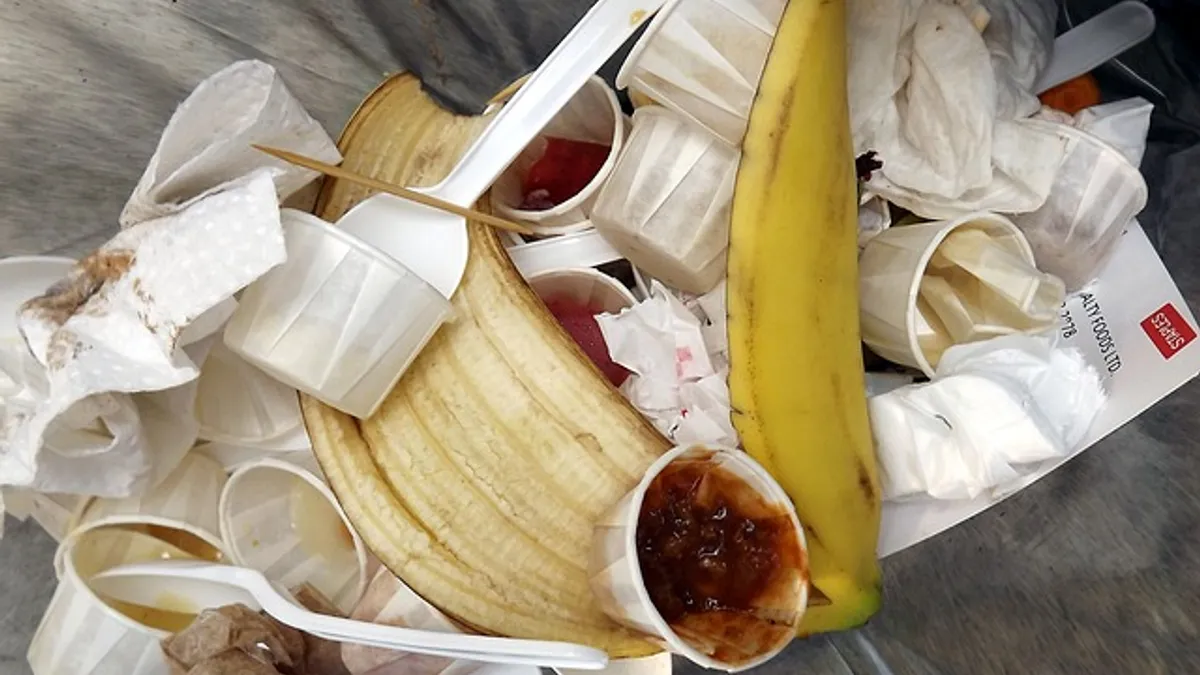Dive Brief:
- Metro, the regional government for the Portland, OR metropolitan area, is considering plans for a commercial mandate to divert organic waste and the construction of a local facility that could process it. This would likely start with large generators and be phased in over time.
- About 28,000 tons of material are being voluntarily diverted annually, but area landfills still receive 200,000 tons of organics per year. A regional processing facility would need an estimated 50,000 tons of material to be viable.
- Details are still being gathered on potential costs, transfer station infrastructure, processing possibilities, business needs and other factors. The Metro Council could potentially vote on a plan in the spring of 2017.
Dive Insight:
Portland has had curbside organics collection for years and this has served as a model for other cities in the region. According to a survey conducted by an independent firm, many local businesses, particularly restaurants, are already separating their organics voluntarily. This proposal would cover multiple counties and potentially recover larger amounts of material from these commercial generators.
Establishing capacity and attracting companies that want to invest in processing facilities is a common challenge for many cities so the Metro's multi-month planning process makes sense. New York has been working through this issue as it phases in residential collections and commercial mandates. Some say the programs are too reliant on limited regional processing capacity.
These types of financial questions have made some local governments hesitant to require organics diversion, though the number of new programs is likely to grow. In addition to New York, Austin, TX, Massachusetts, Connecticut, Vermont, California and Rhode Island all have some form of food waste diversion laws. Depending on the outcome of a proposed bill, New Jersey could also be joining that list.















